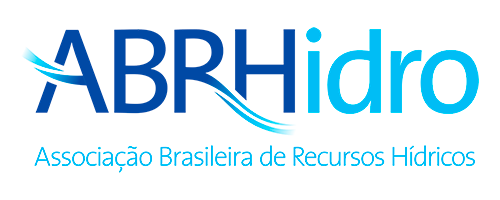9th International Symposium on Integrated Water Resources Management (IWRM) | 14th International Workshop on Statistical Hydrology (STAHY) | I EBHE - Encontro Brasileiro de Hidrologia Estatística
Data: 04/11/2024 à 07/11/2024
Local: Florianópolis-SC
Mais informações: https://www.abrhidro.org.br/iebhe
Complex Kriging for Groundwater: Improving Hydraulic Gradient Estimations in Stressed Aquifers
Código
I-EBHE0203
Autores
Graciela del Socorro Herrera Zamarrón
Tema
WG 1.03: Urban Water - Urbanization phenomenon & adequate water management
Resumo
Understanding groundwater hydraulic head gradients is essential for hydrogeology and effective groundwater management. These gradients, along with hydraulic conductivity, provide critical insights into the speed and direction of groundwater flow within an aquifer. Such understanding is fundamental for applications including water resource management, contamination assessment, and aquifer characterization. This study explores the novel application of complex kriging?a geostatistical method traditionally used to estimate complex-valued random fields such as wind velocities and ocean currents?to estimate groundwater gradients in the highly stressed upper aquifer of the southern Basin of Mexico. We present a comparative analysis of two kriging methodologies for estimating hydraulic head gradients. The first methodology, referred to as the "traditional kriging approach," employs residual ordinary kriging to estimate hydraulic head values, from which hydraulic gradients are derived by computing hydraulic head slopes over the estimation mesh in both the x and y directions. The second, termed the "complex kriging approach," directly estimates hydraulic head gradients from the gradient "data" using complex ordinary kriging over a mesh. In this approach, the "data" of hydraulic head gradients are calculated through a Delaunay triangulation method, where each triangle's gradient is approximated by the plane passing through the hydraulic head values at the vertices. These gradients are then represented as vectors at the triangle centroids, forming the basis for complex kriging analysis. Our results indicate that the complex kriging approach reflects better the variability of the hydraulic head gradients than the traditional method. Also, statistical measures, including Mean Absolute Error (MAE) and Root Mean Square Error (RMSE), demonstrate a better goodness-of-fit for the complex covariance model in assessing the spatial correlation of the vectorial components. This study highlights the potential of complex kriging as a robust tool for groundwater gradient estimation, offering enhanced accuracy and reliability for hydrogeological analyses.

